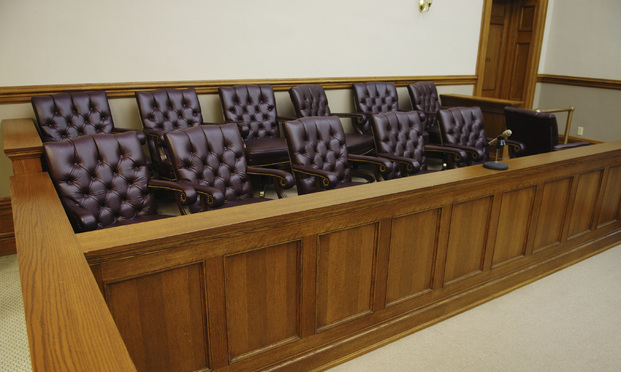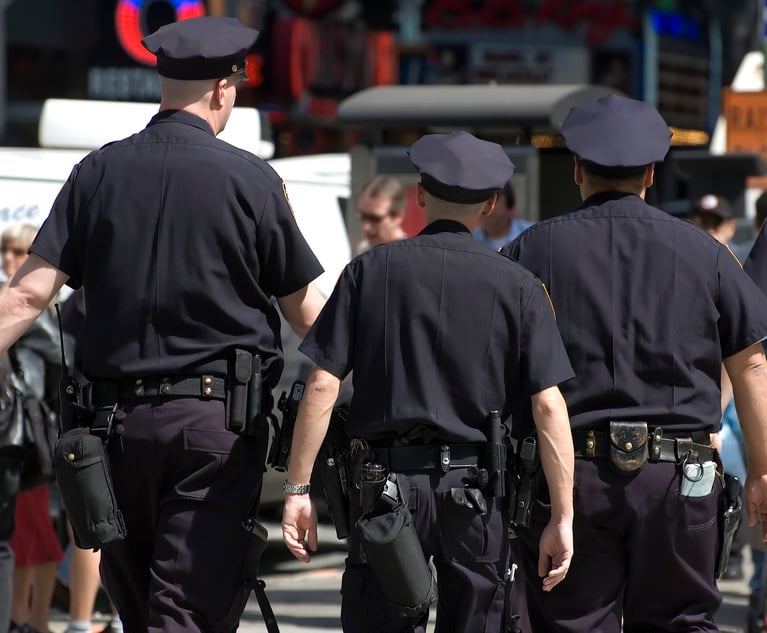In 1986, the U.S. Supreme Court held, in Batson v. Kentucky, 476 U.S. 79, that race-based peremptory challenges violate the Equal Protection Clause. Batson was a landmark decision, overruling precedent granting prosecutors virtually unfettered discretion to strike Black jurors. But Batson’s shortfalls were evident from the first and have become only more obvious over time: “[T]he use of race-and gender-based stereotypes in the jury-selection process seems better organized and more systematized than ever before.” Miller-El v. Dretke, 545 U.S. 231, 270 (2005) (Breyer, J., concurring).
Reform is necessary—and possible. In 2018, Washington state enacted a court rule replacing the “intentional discrimination” test with whether an “objective observer” would believe that race was a factor in the decision to strike the juror, and deemed proxies for race, such as distrust of the police, presumptively invalid. Other states are considering similar and additional measures.


 Jury box
Jury box




